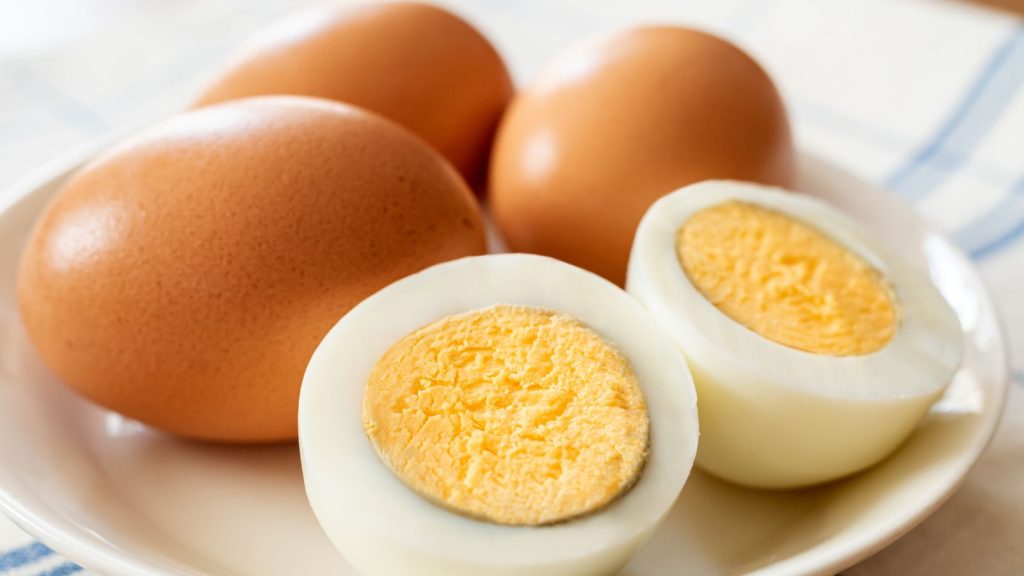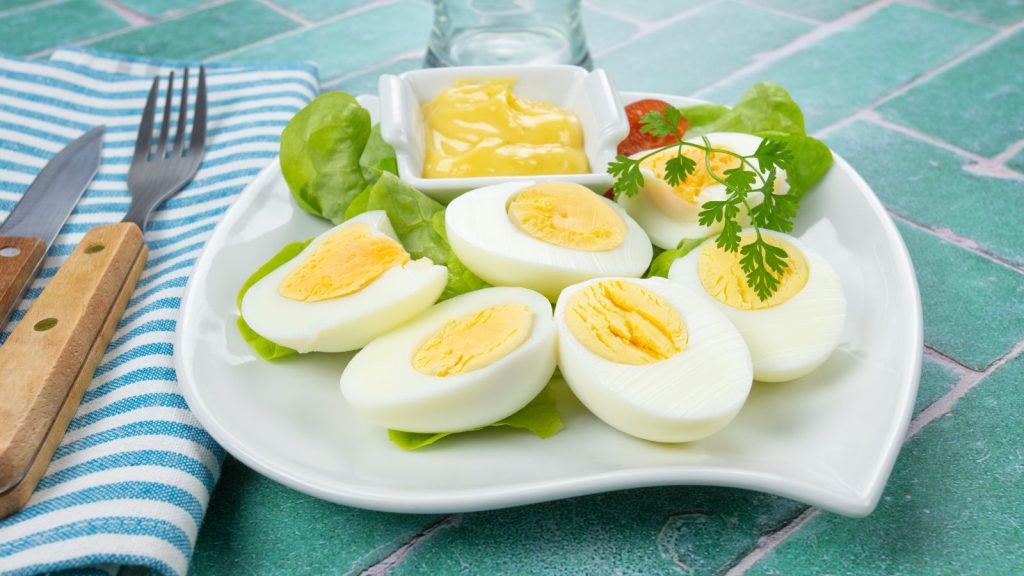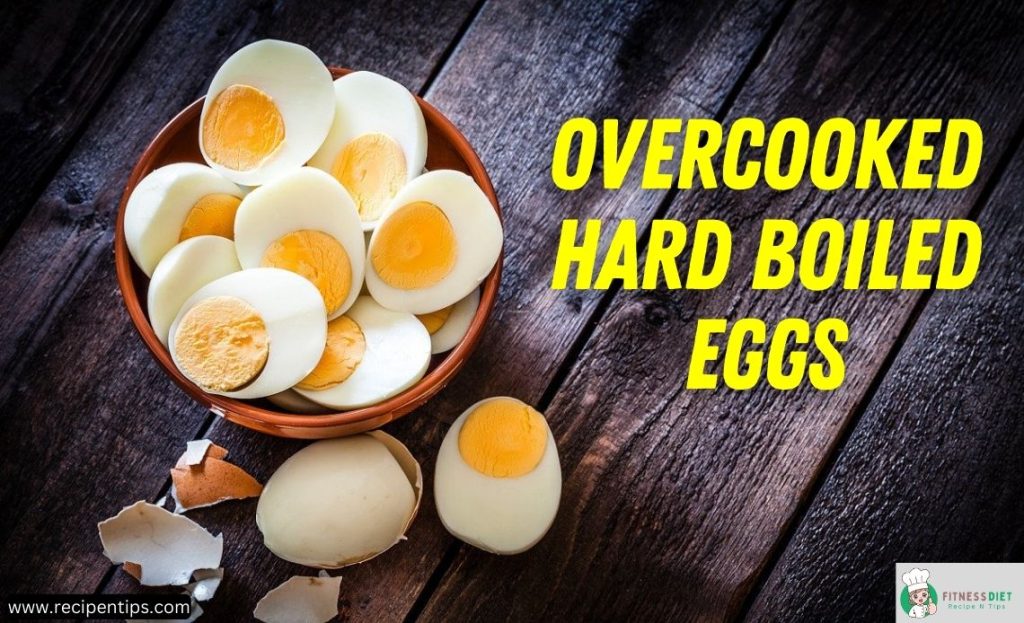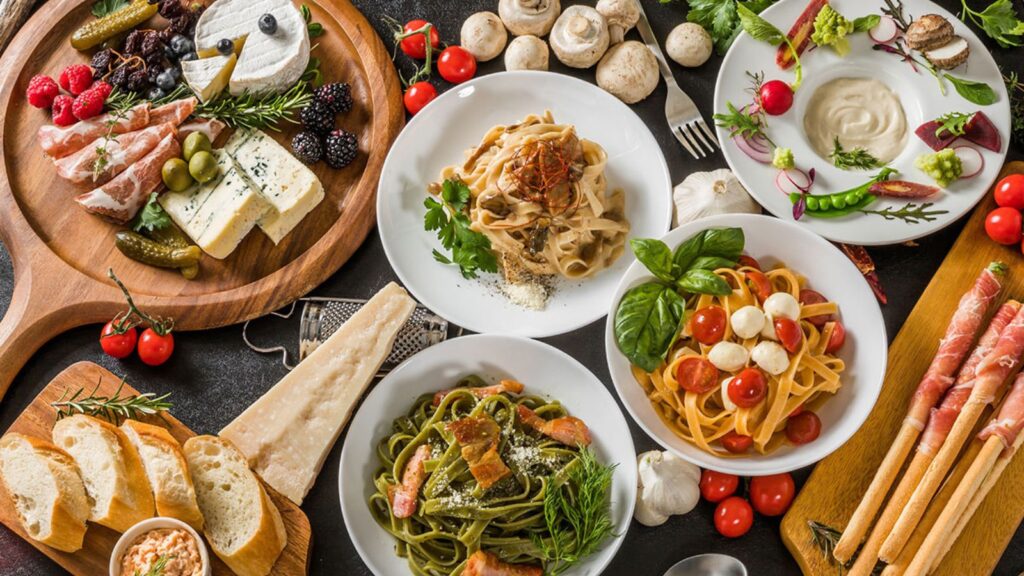If you love hard boiled eggs, you might be overcooking them and not even realize it. Here’s why you should never overcook hard boiled eggs: they can become rubbery, the yolks can become dry and crumbly, and the flavor can become bland.
Instead, cook them for just 10-12 minutes for perfectly cooked hard boiled eggs every time.
What happens if you eat overcooked boiled eggs?
Overcooked boiled eggs are not safe to eat. When eggs are overcooked, the proteins inside them start to break down and form harmful compounds. These compounds can cause food poisoning and other health problems.
Eating overcooked boiled eggs can lead to nausea, vomiting, and diarrhea. In severe cases, it can also cause kidney damage or death. If you suspect that you have eaten overcooked eggs, seek medical attention immediately.
Is it safe to eat overcooked eggs?
While most people know that eating undercooked eggs can lead to food poisoning, many are unsure about the safety of eating overcooked eggs.
While it is possible to get sick from eating overcooked eggs, it is less likely than with undercooked eggs. The reason for this is that when eggs are cooked, the proteins begin to denature and coagulate.
This makes it harder for bacteria to penetrate the egg and cause illness. However, there are still some risks associated with eating overcooked eggs.
For example, if an egg is cooked for too long at too high of a temperature, it can create harmful compounds that can increase your risk for cancer.
Additionally, overcooked eggs can be hard to digest and may cause constipation or other digestive issues. If you are concerned about the safety of eating overcooked eggs, it is best to speak with a healthcare professional.
If you’d like to find out more about how to determine if eggs have gone off or what methods work best for storing them overnight – check our next post How To Tell If Hard-Boiled Eggs Out Overnight Are Safe To Eat! It’ll have all the information you need.
I accidentally boiled eggs for 30 minutes, and is it overcooked?

It’s not the end of the world if your hard boiled eggs are overcooked. In fact, they may even be better for you. Overcooked eggs have a lower risk of Salmonella contamination and are less likely to cause food poisoning.
So go ahead and enjoy your overcooked eggs! They’re perfectly safe to eat.
Is it poisonous overcooked hard-boiled eggs?
The good news is that overcooked hard-boiled eggs are not poisonous. However, they may not be as nutritious as lightly cooked eggs.
When eggs are overcooked, the protein in the egg can become tough and rubbery. Additionally, the yolk can become dry and crumbly.
If you’re looking for a nutritious meal, try lightly cooked eggs instead of overcooked ones. But if you’re in a pinch and all you have are some overcooked hard-boiled eggs, go ahead and eat them – they won’t hurt you!
What to do with overcooked hard-boiled eggs?
If you overcook your hard-boiled eggs, there are a few things you can do to make them more palatable. One option is to add some condiments such as mayonnaise, mustard, or ketchup.
This will help to mask the overcooked flavor. Another option is to slice the egg in half and add it to a salad or sandwich. The key is to add other ingredients that will help balance out the flavor of the egg.
Do overcooked hard-boiled eggs taste different?
If you’ve ever overcooked a hard-boiled egg, you may have noticed that the yolk can become greenish-gray in color. You may have also wondered if it’s safe to eat an overcooked hard-boiled egg.
While the greenish-gray color of an overcooked egg yolk is harmless, it indicates that the egg has been overcooked and may not taste as good as a properly cooked egg.
Overcooked eggs can also be difficult to digest and may cause nausea or stomach cramps.
What are Overcooked hard-boiled eggs nutrition?

A single large egg contains approximately 78 calories, 6 grams of protein, and 5 grams of fat. The protein in an egg is primarily found in the white, while the fat is found in both the yolk and the white.
The yolk also contains all of the egg’s cholesterol and fat-soluble vitamins (A, D, E, and K).
The main difference between a hard-boiled egg and a raw egg is that hard-boiling causes the egg’s proteins to denature or unfold.
How many minutes should an egg be boiled?
If you’re boiling eggs for Easter or another special occasion, you may be wondering how long to boil them. The answer depends on whether you want your eggs to be soft-boiled, medium-boiled, or hard-boiled.
Overcooking hard boiled eggs can make them rubbery and difficult to eat. If you’re boiling eggs for a crowd, err on the side of caution and boil them for a shorter amount of time. It’s better to have undercooked eggs than overcooked ones.
How to boil eggs?
If you’re looking for a foolproof method for boiling eggs, you’ve come to the right place. Whether you’re making hard-boiled eggs for a picnic or deviled eggs for a party, this guide will show you how to cook them perfectly every time.
Here’s what you’ll need:
- Eggs
- A pot of water
- A spoon
- A timer
Follow these simple steps, and you’ll have boiled eggs that are easy to peel and full of flavor:
- Place the eggs in a pot of cold water. Make sure the water covers the eggs by at least an inch.
- Put the pot on the stove and turn up the heat to medium-high.
- Bring the water to a boil, then reduce the heat to medium and let it simmer for 10 minutes.
For egg ❤ lovers, I have a special recipe for them. Try Why Bacon Wrapped Armadillo Eggs Are the Best Party Appetizer.



